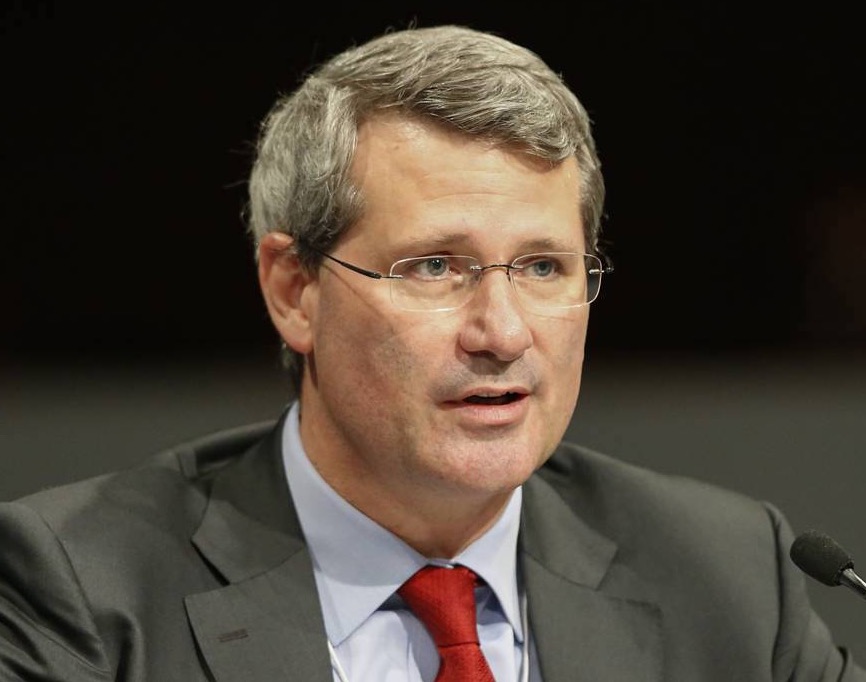The Serious Fraud Office led the raid on Francois de Combret’s home late last year, said the people, who asked not to be named because the details of the probe aren’t public. De Combret, a French national, is a suspect in the agency’s investigation into whether Rio Tinto paid bribes to help secure its Simandou iron-ore deposit in Guinea, the people said.
In 2011, de Combret, an old university friend of Guinean President Alpha Conde, helped Rio Tinto negotiate with the government when it risked losing rights to the multi-billion dollar Simandou iron-ore project. Rio Tinto said it made payments totaling $10.5 million to the former banker for the work.
De Combret, 76, declined to comment when contacted by Bloomberg News. Officials at the SFO and Rio Tinto also declined to comment.
The SFO said last year that it was investigating Rio Tinto, its employees and third parties. That move came after the mining company alerted authorities, including the SFO and the U.S. Justice Department, in 2016 about the payment to de Combret after internal emails were published on the internet.
The emails, seen by Bloomberg, showed Rio Tinto executive Alan Davies explaining to then Chief Executive Officer Tom Albanese that de Combret had provided “very unique” services and had a “closeness to the president” that helped Rio to retain licenses.
Rio later fired two senior executives, including Davies, saying they’d failed to maintain standards of the company’s code of conduct.
Presidential adviser
De Combret, who spent two decades at Lazard Ltd., has deep ties in the French business and banking communities dating back to his days as an adviser to former President Valery Giscard d’Estaing in the 1970s.
After leaving Lazard in 2005, he worked at UBS Group AG and has been on the boards of companies including Nexans SA. He worked on transactions including the creation of European Aeronautic Defence & Space Co., or EADS, in 2000 and the initial public offerings of carmaker Renault SA and France Telecom SA.
Simandou was once one of the world’s most prized mineral assets. It has been at the center of a power struggle for almost a decade, having attracted some of the biggest mining companies, Israeli billionaire Beny Steinmetz and powerful advisers including George Soros and former U.K. Prime Minister Tony Blair. It also spawned legal challenges and a U.S. grand jury probe into potentially corrupt payments to Guinean officials.
Rio Tinto exited the Simandou project in late 2016, selling its stake in the asset to partner Aluminum Corp. of China, or Chinalco.
(Written by Franz Wild and Thomas Biesheuvel)





Comments